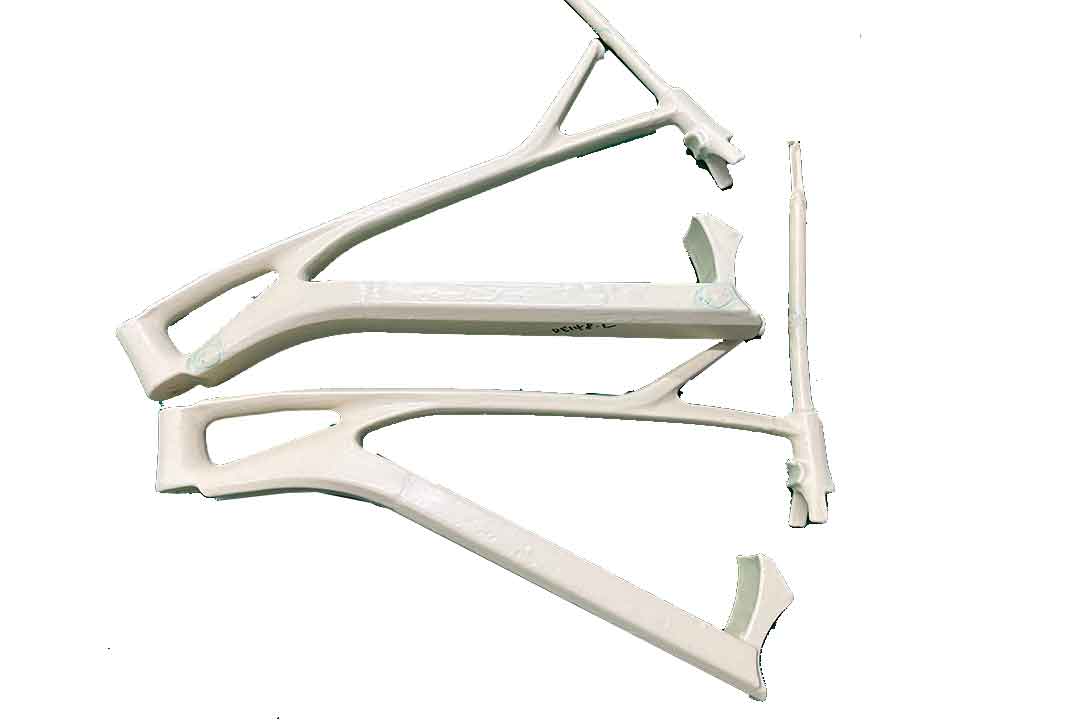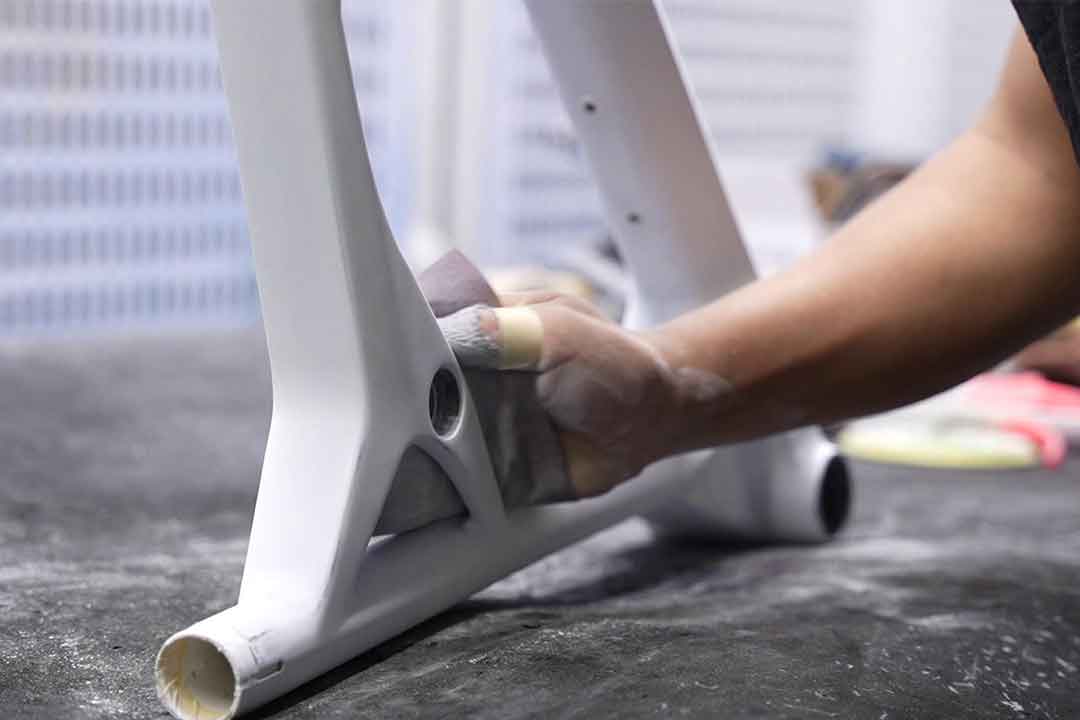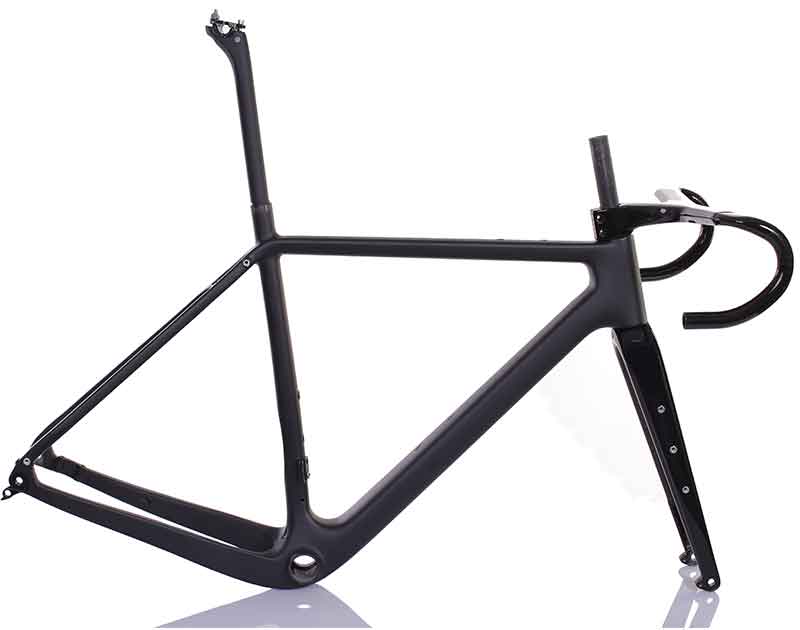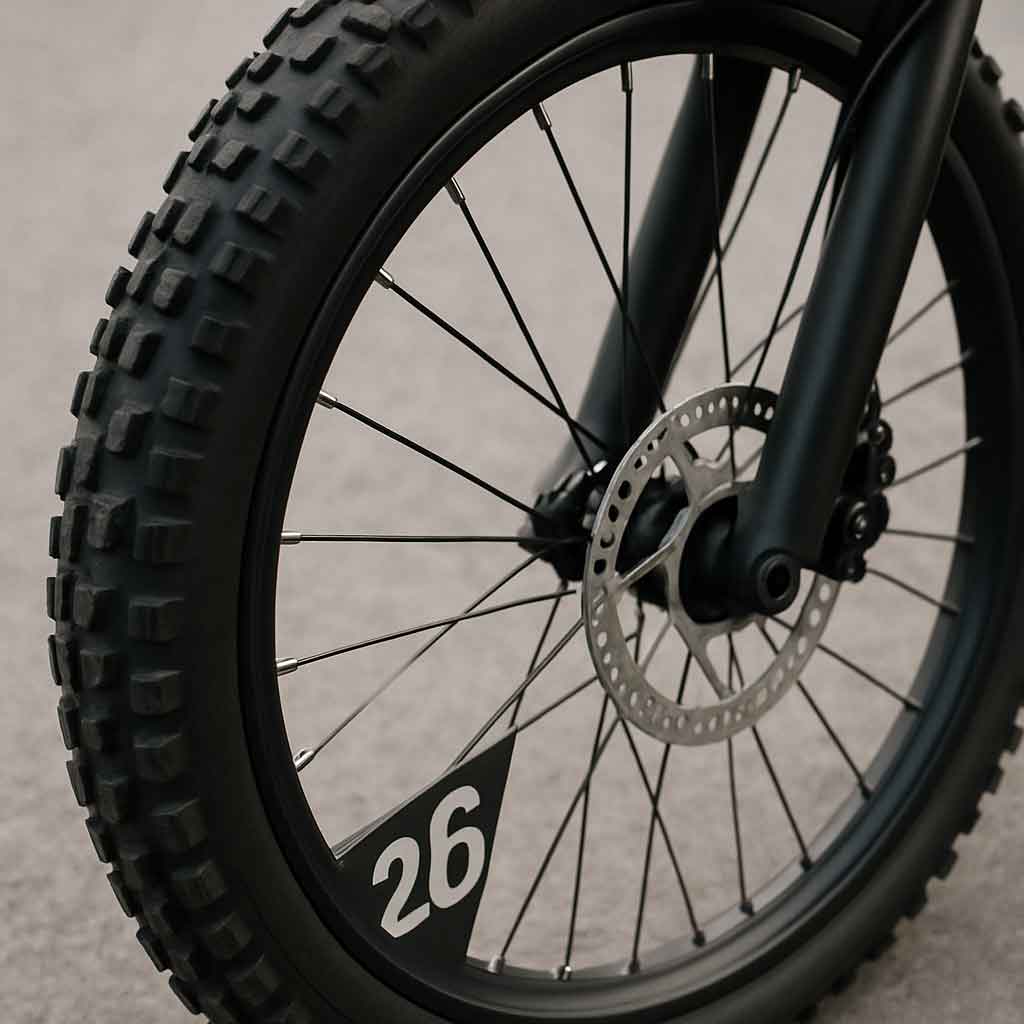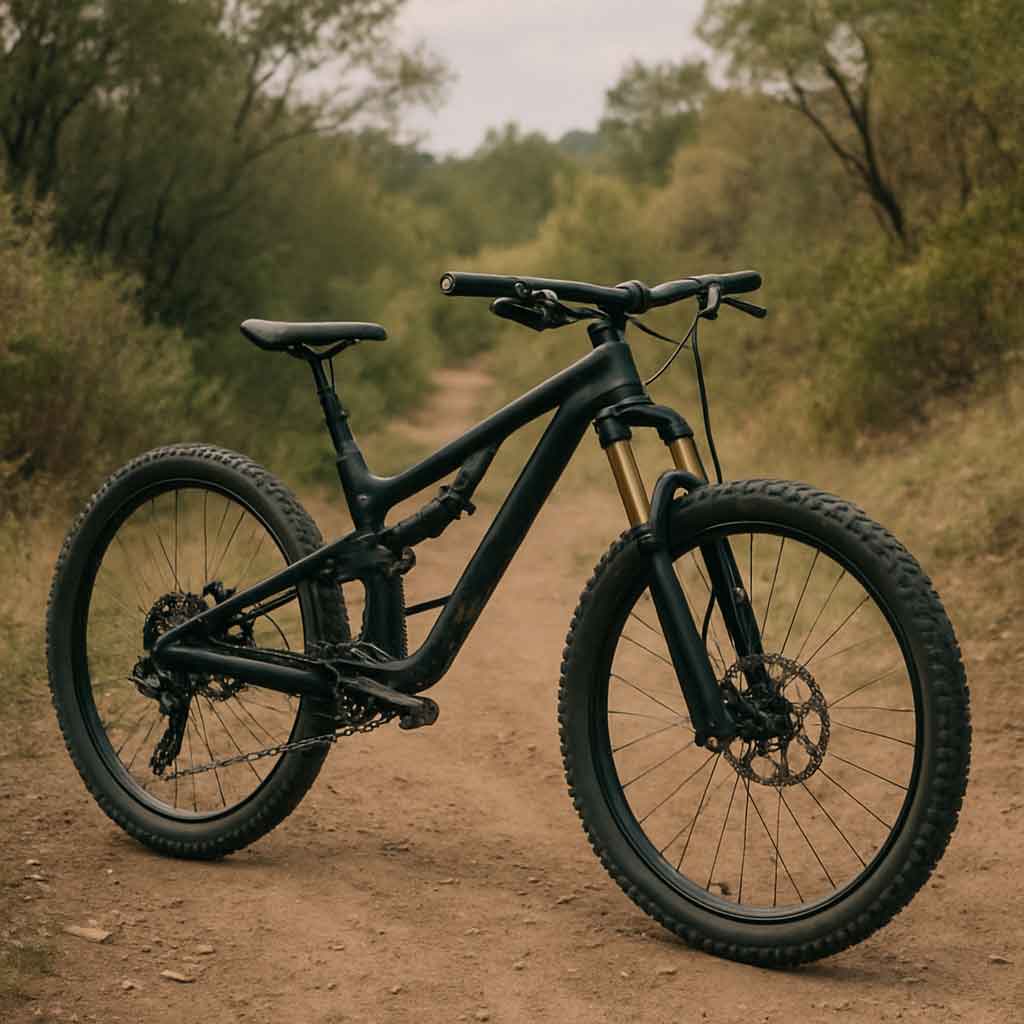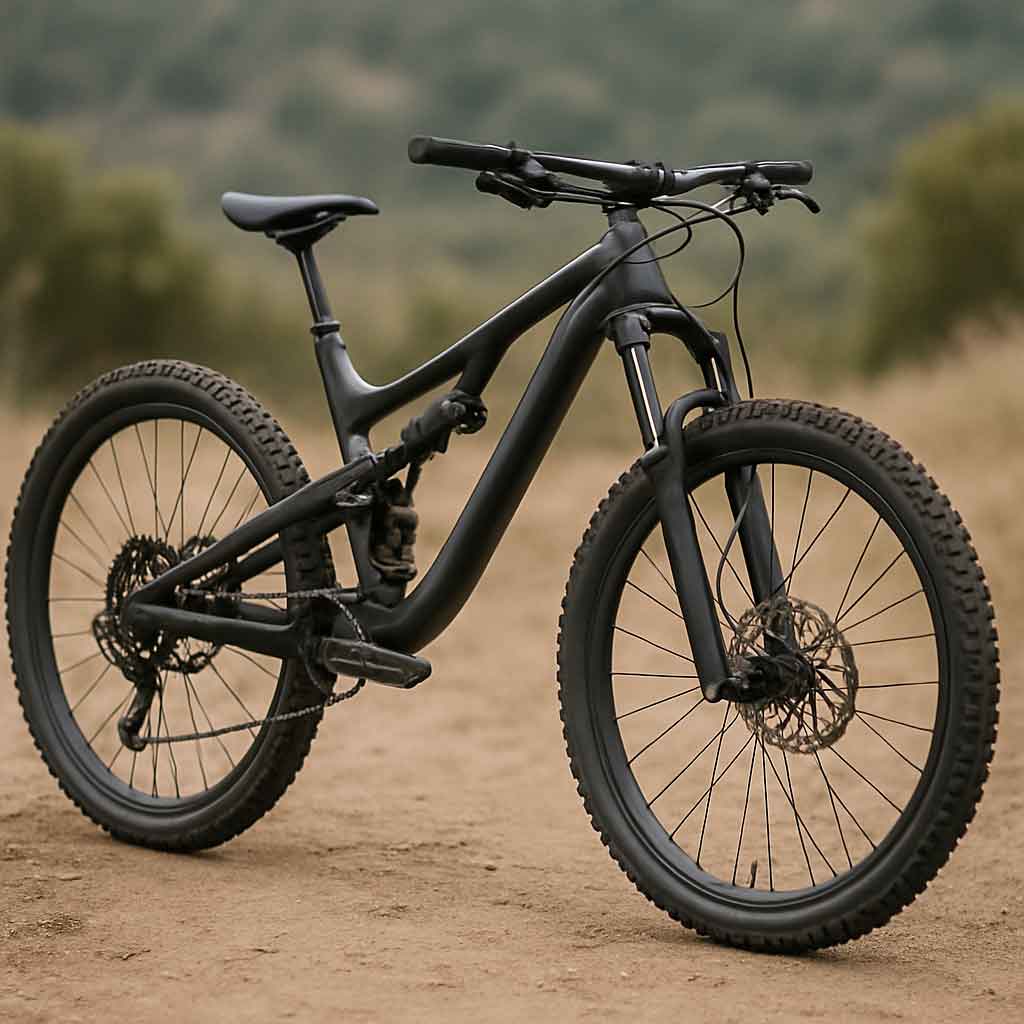Welcome to Mondince Bike - A well-known factory specialized in produce carbon bike frame and other parts since 2007.
Bike Size Estimator: Your Free, Fast-Track to the Perfect Frame
You’ve found the perfect bike. The specs are dreamy, the color is just right. But then comes the critical question: What size do I need?
Getting this wrong can turn your dream bike into a nightmare of discomfort. This is where a Bike Size Estimator becomes your most valuable tool. But not all estimators are created equal. This guide will show you how to use them intelligently and give you the knowledge to confirm the results, ensuring you choose a bike that feels like it was made for you.
What is a Bike Size Estimator? Beyond a Simple Height Chart
A Bike Size Estimator is a digital tool, often found on brand or retailer websites, that calculates a recommended frame size based on your body measurements. The best ones go beyond just your height, asking for more precise data like your inseam (leg length) to provide a much more accurate result.
Think of it as a sophisticated starting point. It instantly cross-references your inputs with a database of geometry charts, doing the math so you don't have to. However, it's a calculation, not a crystal ball. Understanding its limits is key to using it effectively.
How to Get the Most Accurate Estimate: A Step-by-Step Guide
To ensure the estimator works for you, precision in your measurements is everything. Grab a tape measure, a book, and a pencil.
Step 1: Measure Your Height Correctly
Stand barefoot against a wall, mark the top of your head, and measure from the floor to the mark. Simple, but get it right.
Step 2: Find Your True Inseam (The Most Important Step)
This is not your jean size. This is your cycling inseam.
-
Stand barefoot with your back against a wall.
-
Place a sturdy book spine-up between your legs, simulating a bike saddle.
-
Pull it up firmly into your crotch.
-
Have a friend measure from the top of the book down to the floor.
This floor-to-crotch measurement is the golden number for accurate bike sizing.
Step 3: Input Your Data
Enter these figures into the estimator. The more advanced tools may also ask for your riding style (e.g., aggressive vs. comfortable) for a more nuanced recommendation.
The Limits of an Estimator: What It Can't Tell You
A Bike Size Estimator is brilliant, but it’s not a substitute for a professional bike fit. Here’s why:
-
Brand & Model Variations: A "Medium" in one brand can feel completely different from a "Medium" in another. The estimator provides a size for a specific model based on its geometry.
-
Individual Biomechanics: It can't account for your unique flexibility, arm length, torso length, or any past injuries. Two people with identical height and inseam might need different fine-tuning.
-
The "Feel" Factor: The final test is always how the bike feels under you. An estimator can't replicate the confidence of a test ride.
From Estimate to Confirmation: Your 3-Step Action Plan
Use the estimator's result as your launchpad, not your final destination.
-
Get the Number: Use the estimator to get your recommended size (e.g., 56cm, Medium, 19").
-
Consult the Manufacturer’s Chart: Always, always cross-reference. Go to the brand's official website and find the specific size chart for the model you want. Compare the estimator's result with the brand's own height/inseam range.
-
Validate the Geometry (Pro Move): If you're between sizes or want to be extra sure, look up the bike's Stack and Reach measurements. These two numbers are the true indicators of how a bike will fit, far more than seat tube length alone. Compare them to a bike you already know and love.
Bike Type Matters: A Quick Reference Table
Your estimated size will vary by bike type. Here’s a quick guide to what the estimator is calculating for.
| Bike Type | Typical Sizing | What the Estimator Optimizes For |
|---|---|---|
| Road Bike | Centimeters (e.g., 52, 54, 56cm) | An efficient, aerodynamic riding position. |
| Mountain Bike | Inches or S/M/L (e.g., S, M, L, 19") | Maneuverability and control on rough trails. |
| Hybrid Bike | Centimeters or S/M/L | A comfortable, upright posture for leisure riding. |
Final Verdict: Your Perfect Fit is a Partnership
A Bike Size Estimator is an powerful, free, and immediate first step in your bike-buying journey. It eliminates the initial guesswork and gives you a solid foundation of knowledge.
But the final decision is a partnership between the algorithm's calculation and your own due diligence. Use the estimate, cross-check it with the manufacturer's data, and if possible, take a test ride. This combined approach is your ultimate strategy for finding a bike that doesn't just fit your body, but also your riding dreams.



